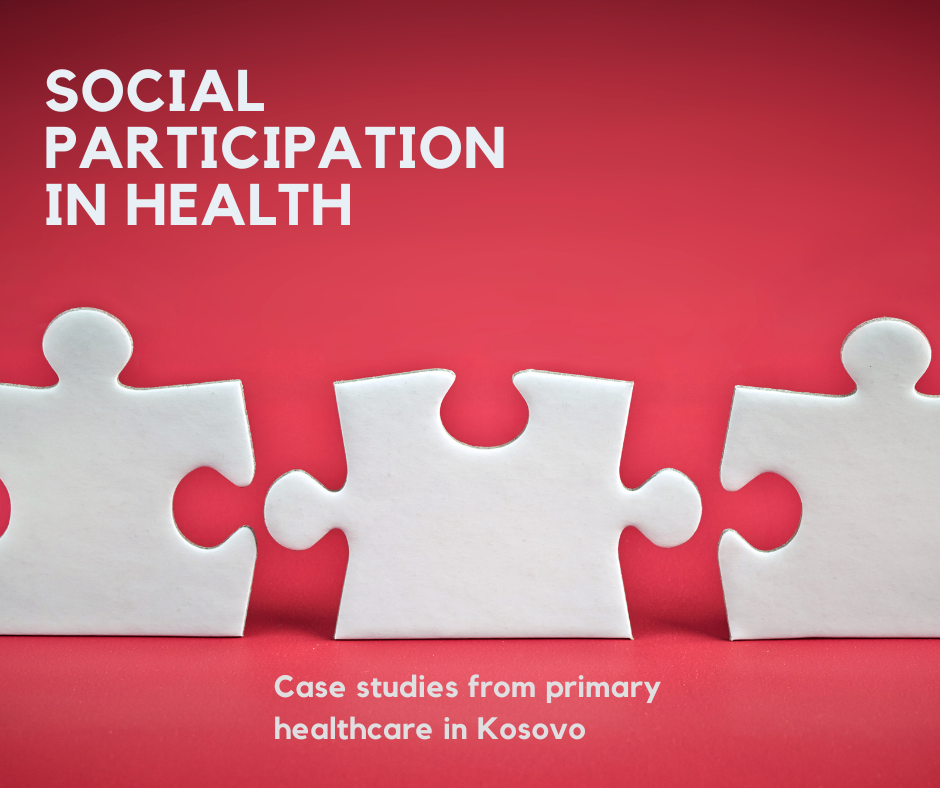A new study from the Swiss Tropical and Public Health Institute team in Kosovo has been published in BMC Public Health, showing the results of social participation mechanisms in Kosovo’s primary healthcare on decision-making processes.
This study explored the interventions of the Patient Councils, the Community Scorecard mechanism, and the Municipal Health Action Plans in improving participation in vulnerable groups like the Roma, Ashkali, Egyptian communities and elderly citizens. The results indicated that these mechanisms support moderate levels of participation in decision-making and provide shared platforms where service users and healthcare providers can collaborate.
“In developing countries, such as Kosovo, disadvantaged groups are particularly important due to deep exclusionary structures and multiple systemic barriers to participation and care provision,” said Dr. Ilir Hoxha, who led the study team.
The study also showed a variation in the degree of inclusiveness and participation, where tools such as the Community Scorecard were effective mechanisms for voicing community concerns, while Municipal Health Action Plans facilitated influence over decision-making processes. This result has brought into sharp focus the role these participatory models could play in making Kosovo’s primary healthcare services more inclusive and equitable.
To learn more, follow the full article in BMC Public Health: Study Link.



